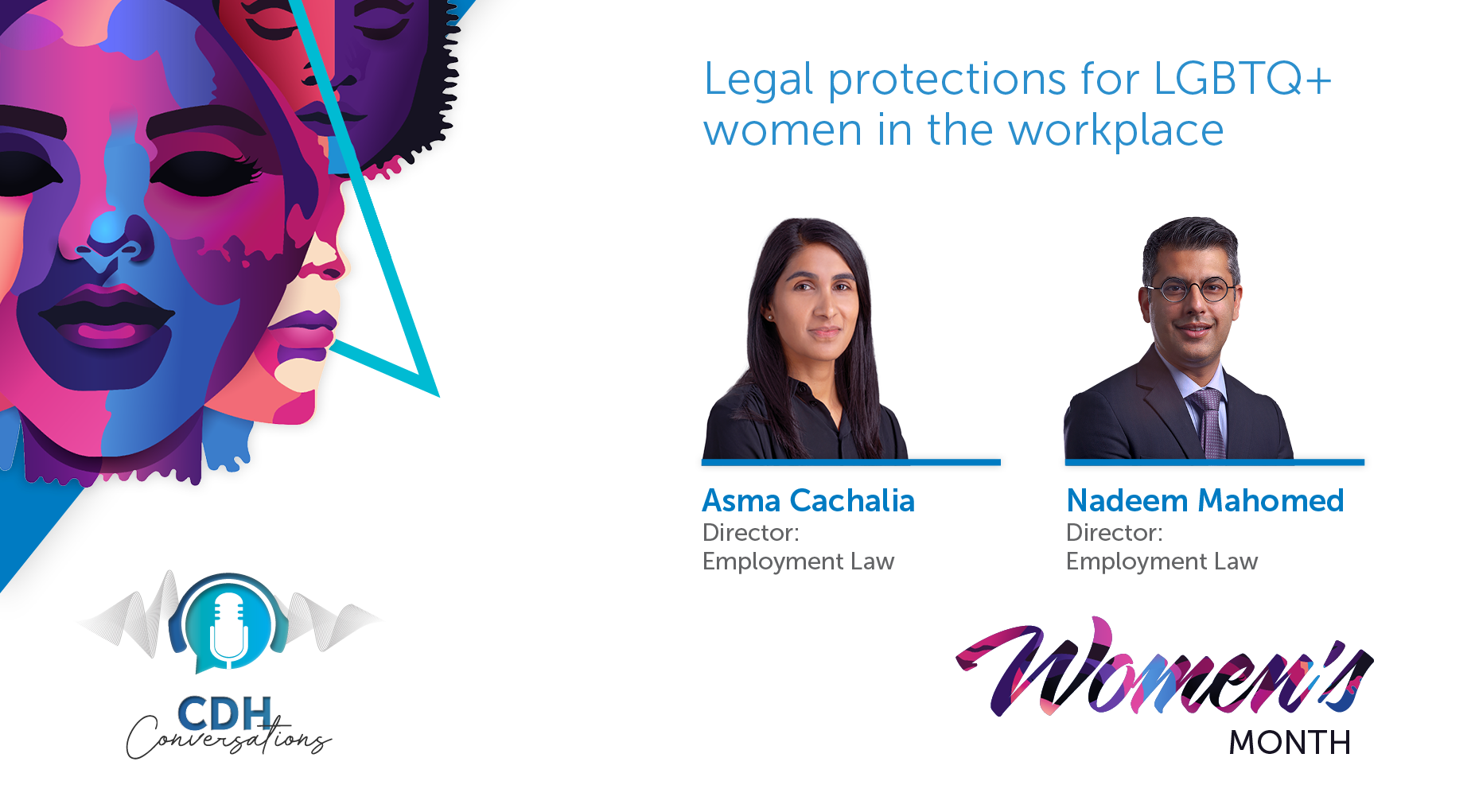New national environmental legislation next step in SA realising carbon tax plans
According to Terry Winstanley, Director of the Environmental Law practice at Cliffe Dekker Hofmeyr, the PPP Regulations require that any person or industry who or which emits priority pollutants (greenhouse gases) above the threshold of 0.1 megatonnes of carbon dioxide must prepare and submit a pollution prevention plan before December 2017. “In addition to personal and contact details, this plan must include all relevant details pertaining to the activity in question and the resultant greenhouse gas emissions. It must also contain details of the methods that will be used to monitor and measure the emissions and emission reductions for the duration of the plan and a description of the mitigation measures that will be put in place to reduce GHG emissions,” Winstanley explains. Besides this plan, she says that an annual progress report must be submitted to the Department of Environmental Affairs (DEA) for consideration.
This legal change comes in the wake of another important regulatory shift – the implementation of the Greenhouse Gas Emission Reporting Regulations (GHG Regulations) on 3 April 2017. These regulations required both businesses and individuals to register and report on their greenhouse gas emissions that contribute significantly to global warming, where those emissions exceed specified thresholds. According to Winstanley, as a result of the GHG Regulations, industries that are undertaking specified activities, such as energy generation, manufacturing, construction, transport or food processing, will be required to register and report. Entities and individuals who fail to report or who report incorrectly are liable for a hefty fine of up to R5 million, and potential imprisonment for a period of up to five years for a first conviction,” explains Winstanley.
GHG reporting is done via the National Atmospheric Emission Inventory System and information submitted via this electronic platform that will be used to determine an entity or individual's tax liability under the proposed Carbon Tax Bill.
“We also expect more stringent measures in the form of a draft Carbon Tax Bill to be made law further to regulate greenhouse gas emissions. Carbon Tax will be used to reduce GHG emissions and is expected to be implemented soon,” she says.
According to Winstanley, the draft Bill which is currently under discussion will have significant financial implications for certain companies who will be subject to carbon taxes. Winstanley highlights that a key component of the draft Carbon Tax Bill is the draft Carbon Offsets Regulations, published on 20 June 2016. She explains that the proposed Carbon Offsets Regulations will give effect to one of a number of tax allowances in the Carbon Tax Bill and that these will be used to lower these companies’ tax liability and establish a sustainable carbon-offset scheme for South Africa.
She urges local businesses to partner with environmental and legal experts who can assist to identify carbon efficiency improvement opportunities within the business. “Putting a comprehensive environmental sustainability plan in place will not only assist businesses to avoid fines or other legal consequences but can have a measurable effect on long term cost saving and efficiencies.”
The information and material published on this website is provided for general purposes only and does not constitute legal advice. We make every effort to ensure that the content is updated regularly and to offer the most current and accurate information. Please consult one of our lawyers on any specific legal problem or matter. We accept no responsibility for any loss or damage, whether direct or consequential, which may arise from reliance on the information contained in these pages. Please refer to our full terms and conditions. Copyright © 2024 Cliffe Dekker Hofmeyr. All rights reserved. For permission to reproduce an article or publication, please contact us cliffedekkerhofmeyr@cdhlegal.com.
Subscribe
We support our clients’ strategic and operational needs by offering innovative, integrated and high quality thought leadership. To stay up to date on the latest legal developments that may potentially impact your business, subscribe to our alerts, seminar and webinar invitations.
Subscribe




